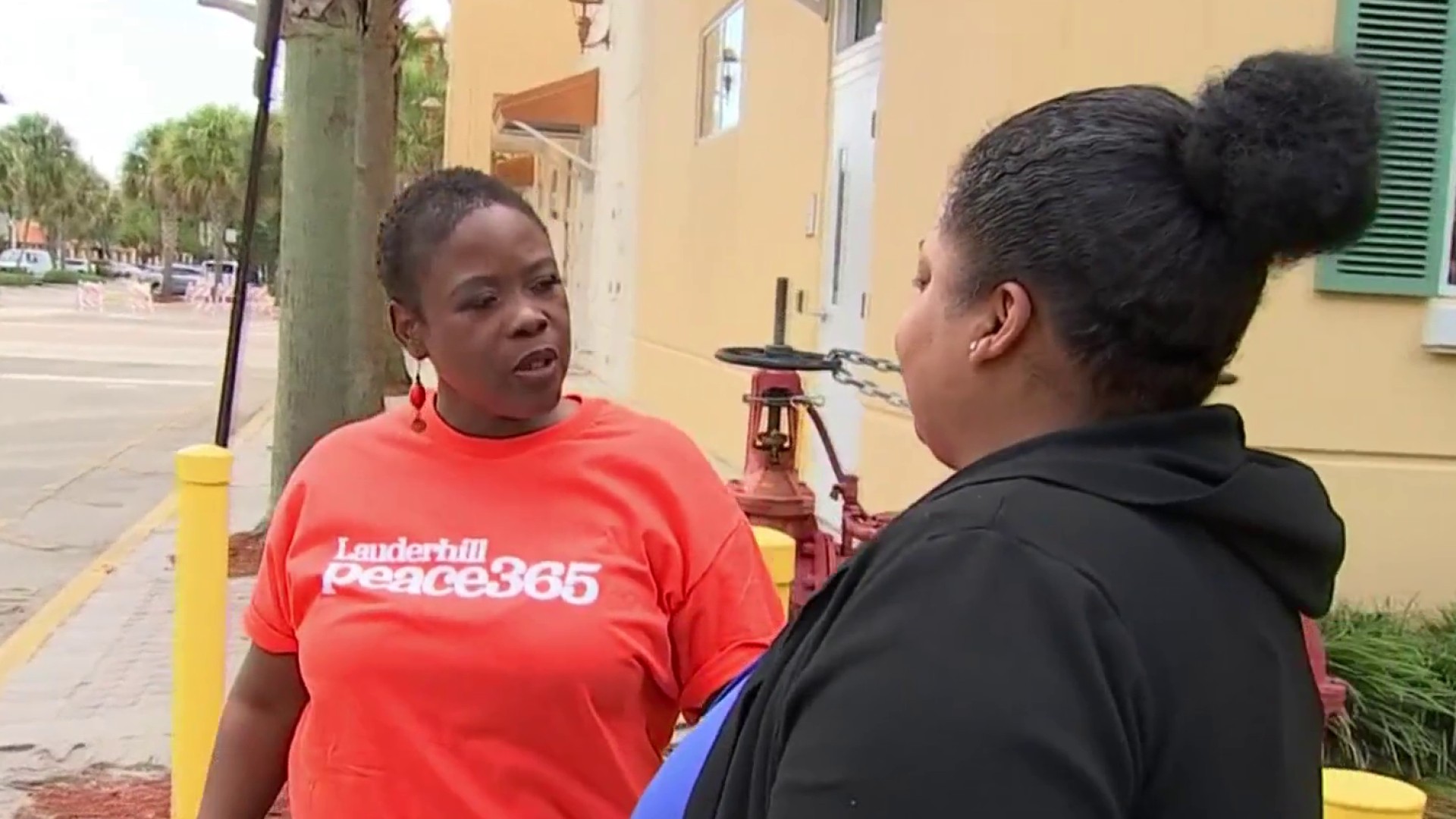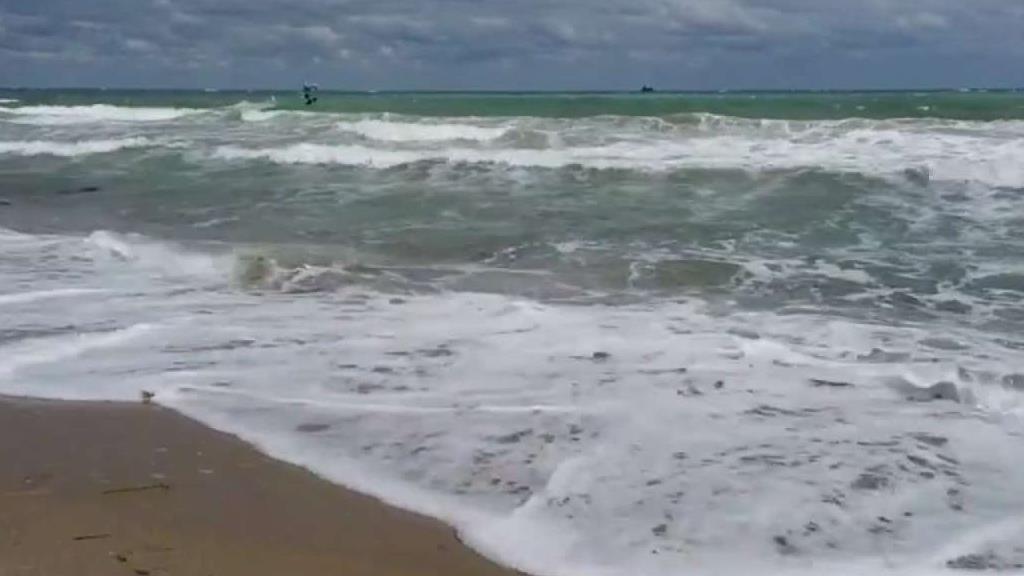Social media companies will face lawsuits and fines in Florida if they don’t block certain teenage and younger children from their sites, according to a bill signed into law Monday by Gov. Ron Desantis.
The law, which takes effect January 1, applies to social media platforms where 10 percent of users under age 16 spend at least two hours a day, use algorithms to select content for users and have what Florida considers “addictive features.”
They will have to block anyone they suspect might be under age 14 and get parental or guardian consent for those they think are 14 or 15.
When it comes to sites where at least a third of the content depicts sexual images, they must verify the user is 18 or older.
Get South Florida local news, weather forecasts and entertainment stories to your inbox. Sign up for NBC South Florida newsletters.
Failure to do so could result in lawsuits from the attorney general or prosecutors under Florida’s Deceptive and Unfair Trade Practices Act, requiring the social media platform or website to pay $50,000 per violation, plus the state’s attorneys fees and costs. If the state proves a consistent pattern of violations, punitive damages could be assessed, as well.
And minors stand to win up to $10,000 in damages if they are given access after the provider was made aware they are underage or were instructed by the minor or his parents to terminate their account.
Lawsuits have led courts in other states to block similar laws or persuaded states to back-off such proposed legislation. The lawsuits claimed the laws are an unconstitutional infringement on First Amendment rights and that the age verification requirement violates the right to anonymous free speech.
Local
But Florida’s leaders said Monday their law is different.
“Anytime I see a bill, if I don’t think it’s constitutional, I veto it,” DeSantis said. “But my view is not always the same as the courts.”
Indeed, courts have rejected or blocked parts of laws DeSantis has championed that impose state controls over social media companies and corporate diversity training.
But the attorney general who defends those laws, Ashley Moody, vowed to save this one from expected court challenges.
“Florida, thank you for stepping in,” she said at the bill-signing in Jacksonville. “I’m so proud to be part of this amazing team and you better believe I’m going to fight like hell to uphold this in court.”
But a policy analyst for a libertarian think tank, the R Street Institute, that urged DeSantis veto the bill said he expects federal courts will shut down DeSantis’ latest effort.
“I think this bill is substantially similar to that enacted in Arkansas and identical in certain parameters,” said Josh Withrow. “Certainly the parental identity verification is very similar to Arkansas's.”
A federal judge last year blocked Arkansas from enforcing provisions of its law while the litigation is pending, finding the opponents were likely to succeed once the case played out.
“And then a similar bill in Ohio has also been enjoined by courts,” Withrow said. “So I see Florida's, the fate of this Florida bill being exactly the same.”
The plaintiff in those suits, NetChoice, the leading trade group for internet companies, called it “an unconstitutional law that protects exactly zero Floridians. (It) is also bad policy because of the data collection on Floridians by online services it will in effect require. This will put their private data at risk of breach. (It) forces Floridians to hand over sensitive personal information to websites or lose their access to critical information channels. This infringes on Floridians’ First Amendment rights to share and access speech online.”
House speaker Paul Renner, who made this a priority, welcomed the fight with “groups like NetChoice. That is the umbrella group that will sue the day after this bill is signed or the second after this bill is signed. But you know what? We’re going to beat ‘em.”



